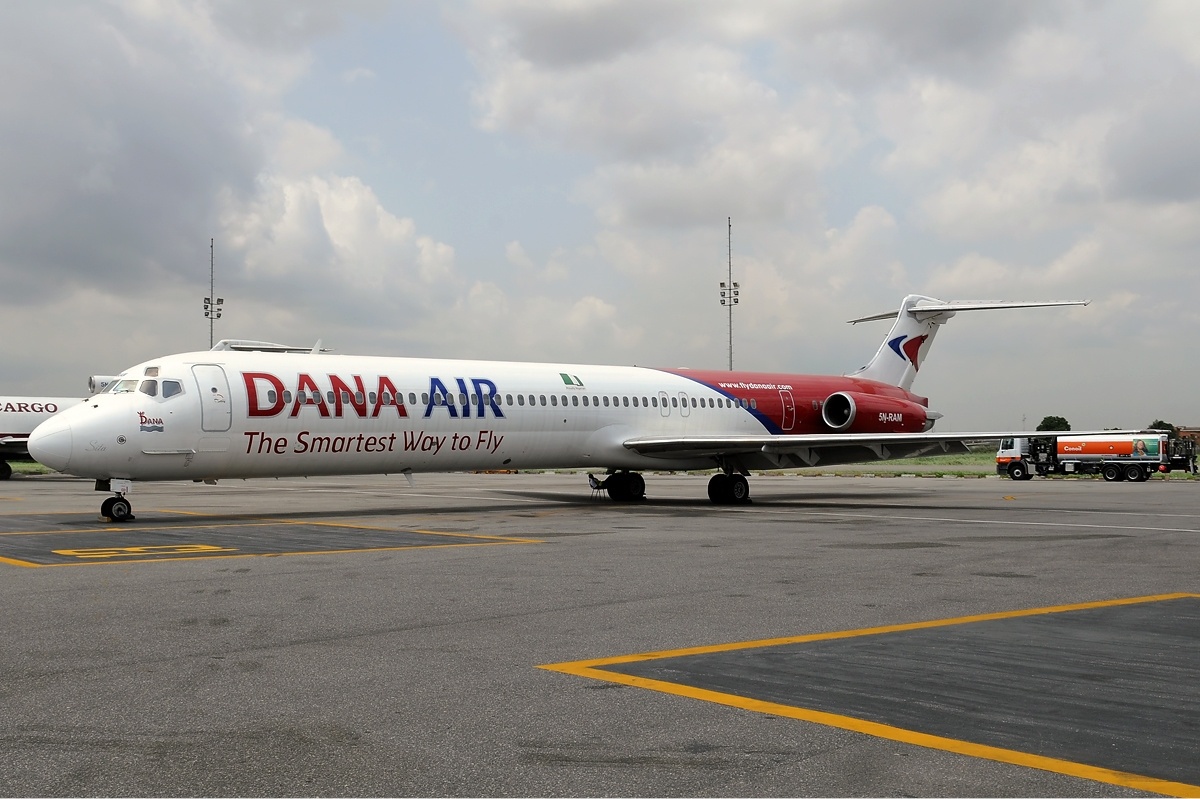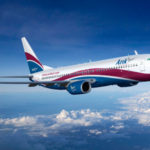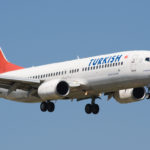
Nigerian airlines spend over N55billion on compulsory training for pilots, engineers and cabin crew annually, THISDAY investigation has showed. Airline operators who are however miffed over the huge spending, have said the money spent on the training could be halved if the Nigerian Civil Aviation Authority (NCAA) allow pilots to train once a year instead of every six months, as it is done in some parts of the world.
In Nigeria, pilots travel overseas twice a year to carry out simulator training after which the NCAA would renew their licences, but without which the regulatory body would withdraw their licenses.
Besides fuel, training is a major area airlines spend huge resources and they have high number of pilots as every flight has the captain and the co-pilot (the flight officer).
For example, Dana Air has five aircraft in its fleet but it has 45 pilots, while Arik Air has 28 aircraft with over 250 pilots, each of these pilots travel overseas twice a year for simulator training.
An airline pays in dollars for these training; maintenance facility, pilots’ salaries, their flight which is not less than $1500 business class and they pay for hotel accommodation for the period the pilot will spend on training.
When the pilot returns, the airline pays for his license renewal, pays for his medical and also continues to pay the pilot.
If the pilot is an expatriate the airline pays him huge remuneration mostly in foreign currency and also allows him to go on leave for half of the year and also pays for his return ticket.
The airlines argue that NCAA should review the policy and insists that pilots should go for training twice a year, considering the huge resources airlines spend on such training, considering the lean resources of the airlines at the time the country is threatened by economic recession, adding that in many other countries these training is done once a year.
They noted that it is doubly costly for Nigerians to pay for these trainings because they are done overseas; remarking that while a pilot in the US or Europe may just drive from his office to the training facility one kilometer away, the Nigerian pilot has to fly to another country and the airline bear the logistics.
It is the same with aircraft maintenance, as a source told THISDAY that because aircraft in Nigeria are not “flogged” enough they should spend more time before they are taken for major maintenance instead of the present 18 months “because technically aircraft in Nigeria are underutilised.”
An operator told THISDAY on Monday that NCAA should adjust to the economic realities of the country, while ensuring safety and security of flights in Nigeria, noting that the alleged excessive regulation is adding unnecessary burdens to airlines, which these airlines could do without and they still maintain high safety status as recommended by international practices.
“We pay $5000 for the training facility for each pilot, we pay at least $150 per night for one week or more for the hotel accommodation, we pay the pilot allowances for the trip and then we pay for his return ticket at the cost of at least $1500. We do this for every pilot twice every year. Now multiply this cost in dollars with the naira exchange rate because we earn our revenues in naira,” an operator told THISDAY.
But spokesman of NCAA, Sam Adurogboye told THISDAY, “NCAA operations are guided by the rules. Any proposition that contravene the provisions of the Nigeria Civil Aviation Regulations (NCARS) will not be allowed.
“Remember the law is universal, not peculiar to Nigeria. New NCARS just took effect only on the first of this month. The same operators were part of the amendment; were they not? During the amendments, new development and innovations as they happen elsewhere were adopted. We stand on the point of law.”
THISDAY






